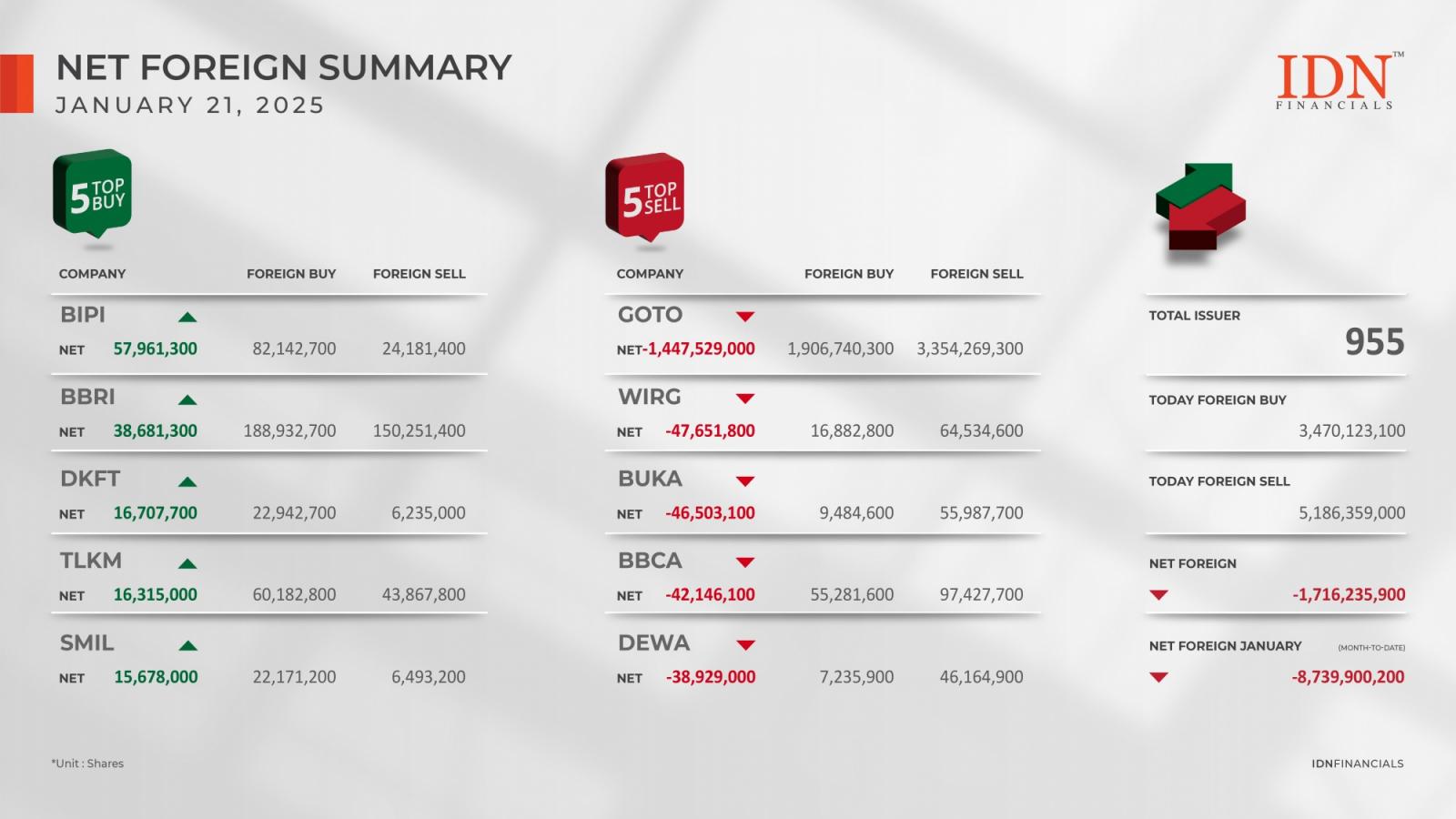Ethereum co-founder Vitalik Buterin has voiced strong criticism against the recent trend of celebrity-backed meme coins, emphasizing the need for more meaningful and impactful projects in the cryptocurrency space.
Through a series of tweets and a comprehensive blog post, Buterin outlined his dissatisfaction with celebrity meme coins, which he believes lack purpose and longevity. He proposed alternative approaches focusing on serving public-good goals and creating engaging, lasting value for participants.
“I’m feeling quite unhappy,” Claimed Buterin
In a recent series of tweets and a detailed blog post, Buterin has expressed dissatisfaction with the current trend of celebrity-backed meme coins, urging a shift towards more meaningful and impactful financialization in cryptocurrency.
Following a post about a celebrity token called $MOTHER, a celebrity token recently launched on Solana by Iggy Azalea, the well-known Australian rapper and model recently accused of insider trading activity and scam.
If $MOTHER breaks into sustainable value creation, it’ll also be the mother of this cycle’s celebrity experimentation.
— Chris Burniske (@cburniske) June 1, 2024
Buterin took to Twitter to voice his concerns, stating, “I’m feeling quite unhappy about ‘this cycle’s celebrity experimentation’ so far.”
He emphasized that financialization should serve a worthy purpose, such as healthcare, open-source software, or art, rather than being an end in itself. “Financialization *as the final product*, 🤮,” he tweeted.
He contrasted the celebrity meme coin trend with Ashton Kutcher and Mila Kunis’ “Stoner Cats,” which funded an actual animated show.
I'm feeling quite unhappy about with "this cycle’s celebrity experimentation" so far.
"Financialization as a means toward an end", I can respect if the end is worthy (healthcare, open source software, art, etc). Financialization *as the final product*, 🤮
Ashton and Mila's…
— vitalik.eth (@VitalikButerin) June 5, 2024
Buterin expanded on his vision for more purposeful financialization in a blog post, proposing alternatives to the current meme coin craze. He reminisced about a 2013 article he wrote for Bitcoin Magazine, where he suggested issuing coins could fund important public projects.
Vitalik Buterin criticized the current state of meme coins, noting their lack of innovation and value contribution. He highlighted concerns about racist undertones in some Solana meme coins and the general trend of these coins contributing little beyond price speculation.
“Even long-time Ethereum philosopher Polynya is very, very unhappy,” Buterin noted, referencing the broader discontent within the crypto community.
Meme Coins Should Explore A More Positive-sum Approach, said Vitalik Buterin
Vitalik Buterin suggested that the community should explore more positive-sum versions of financialized games and charity coins rather than merely condemning the current meme coins trend.
He cited examples of charity coins like “GiveWell Inu” and “Fable of the Dragon Tyrant,” which, despite their flaws, aimed to support public goods. Notably, “GiveWell Inu” was created one and a half years ago to donate proceeds to GiveWell. Another coin, “Fable of the Dragon Tyrant,” supported cultural projects related to anti-aging research.
Additionally, Buterin highlighted the potential of Robin Hood-style games. He pointed out that people participate in meme coins for various reasons, including the possibility of financial gain, the democratic nature of participation, and the fun involved. However, Buterin acknowledged that these coins were far from perfect and suggested a more positive-sum and long-lasting approach could be developed.
To enhance these aspects, Buterin suggested creating meaningful and fun games that can leave lower-income players economically better off. He mentioned the example of Axie Infinity, where some low-income users benefitted financially from the game’s play-to-earn feature.
Additionally, projects should offer engaging mechanics beyond merely trading a token. While Buterin disliked token-voting DAOs, he acknowledged that they provide something for people to do and organize around.
Lastly, the Ethereum co-founder stressed the importance of longevity, suggesting that projects should be designed to last at least 10 years to ensure they provide lasting value and are not quickly forgotten.
A quick summary of features that a celebrity crypto project needs to have for me to be more willing to respect it:
1. Have some kind of public-good goal that it's serving, other than enriching the celebrity and early adopters. Realistically, either an art project or the…
— vitalik.eth (@VitalikButerin) June 5, 2024
Relating to this, Buterin recently emphasized the importance of cultural awareness and warned about the rise of scams in the cryptocurrency industry, noting how common terms can have different meanings within crypto. He illustrated this by comparing linguistic nuances, such as how “actual” means “current” in European languages, while terms like “DAO” in crypto often mean “project,” and “official” can imply “scam.”
These insights came as Buterin discussed recent scams involving compromised celebrity accounts, such as those of Gigantic-Cassocked-Rebirth, Rich the Kid, and Caitlyn Jenner, which were used to promote fraudulent meme coins.





